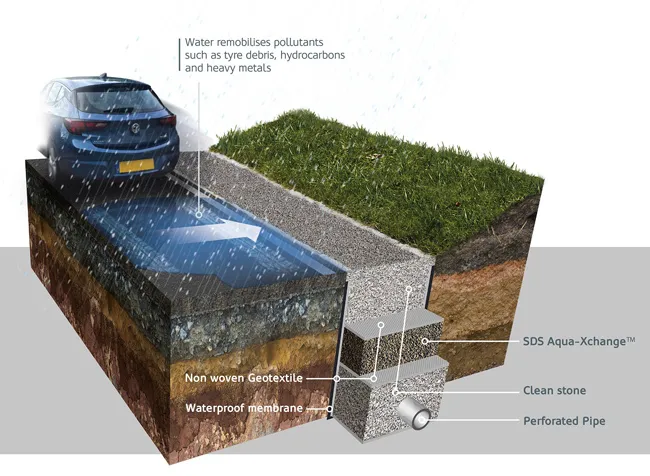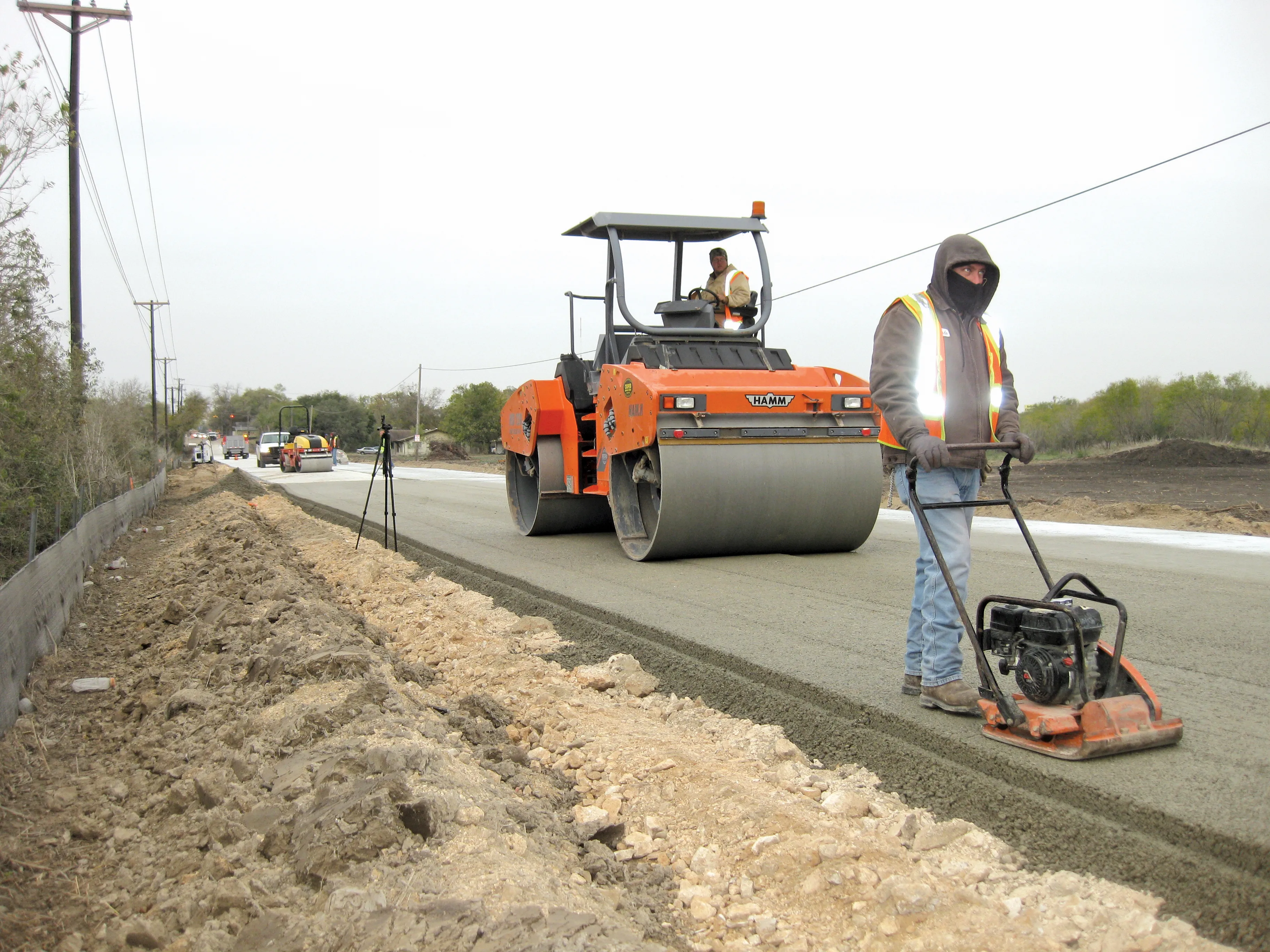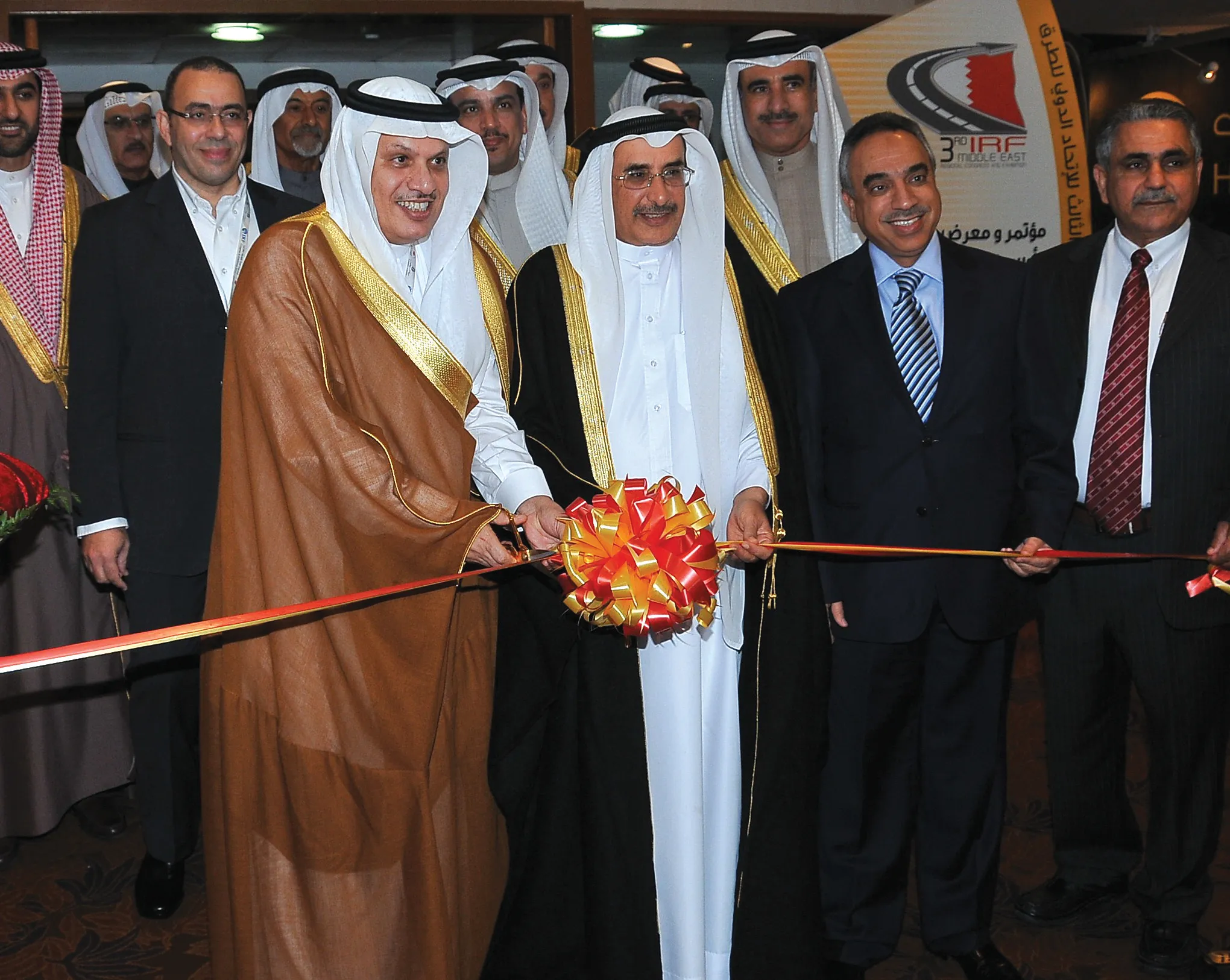Highway authorities worldwide are being asked to take action on a
Earlier this year, the TRB AFB20 (2) Roadside Design Subcommittee on International Research approved the END Turned-Down ENDs resolution, which encourages road authorities to stop the use of fishtail, spoons or turned-down guardrail terminals and to use only crashworthy end treatments for their steel guardrail and concrete longitudinal barriers.
The traffic barrier ends resolution noted: "Turned-down terminals were developed and introduced in the 1960s to eliminate spearing of the rail into the passenger compartment of the impacting vehicle that often occurred with the fishtail or spoon full height, stand-up ends. While turned-down terminals were an improvement over the fishtail or spoon terminals, both field experience and full-scale crash testing have shown that vehicle roll over or launching is likely with turned-down terminals under high-speed impact conditions."
Based on observed crash test performance and reported field experience, the AFB20 (2) Subcommittee recommends that road authorities in all countries immediately prohibit new installations of fishtail or spoon terminals as well as turned-down terminals on the approach end of concrete barriers or steel beam guardrails on roads with operating speeds in excess of 80km/hour unless these ends are outside the defined clear zone and in other locations where end-on high-speed impacts are unlikely to occur or otherwise shielded from potential impacts.
"It is understood that system-wide replacement of existing turned-down ends or fishtail or spoon terminals, while beneficial, may not be practical or economically feasible. For new terminal installations at these locations road authorities should only specify the use of crashworthy terminals that have met appropriate testing criteria such as NCHRP 350 [National Cooperative Highway Research Program], MASH [Manual for Assessing Safety Hardware] or [European] EN 1317 (or their updates)," says the resolution.
"During any road construction restoration, rehabilitation and resurfacing projects, existing terminals should be updated with terminals that meet NCHRP 350, MASH or EN 1317 (or their updates) criteria.
"Turned-down terminals and fishtail terminals remain appropriate for trailing (downstream) ends of traffic barriers on divided highways and in other locations where end-on high-speed impacts are unlikely to occur.
"The Transportation Research Board AFB20(2) Roadside Design Subcommittee on International Research recognises the importance of the use of tested, state-of-the-art safety hardware and advocates the immediate implementation of of this resolution to make roads safer around the world."









